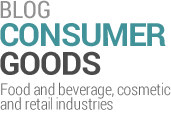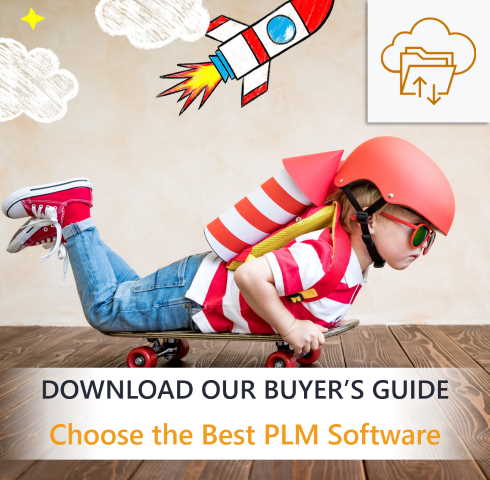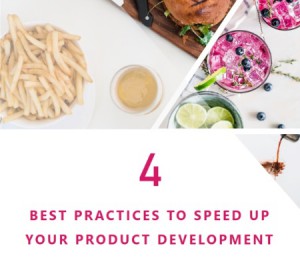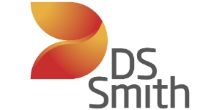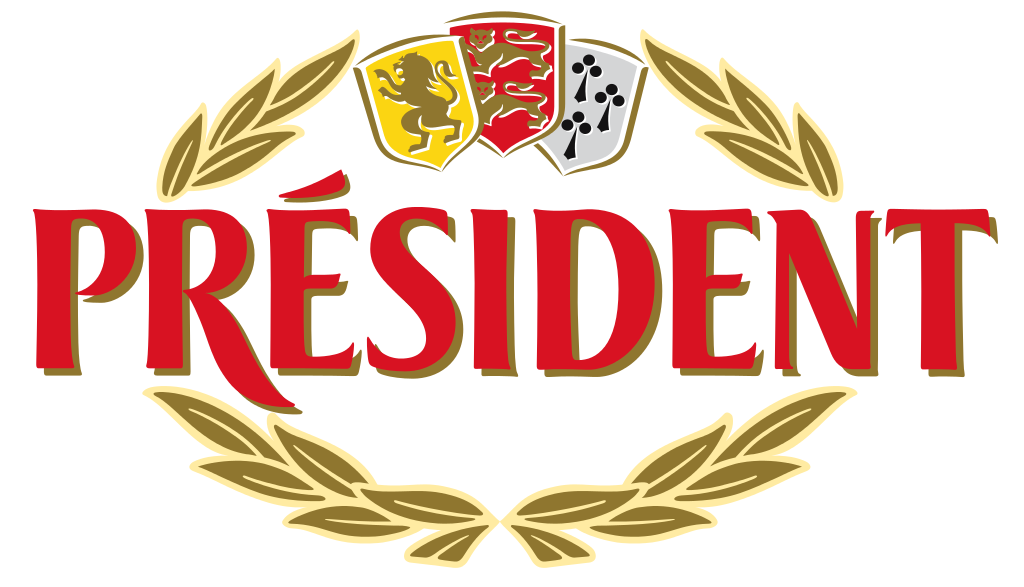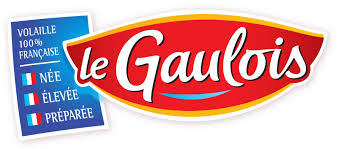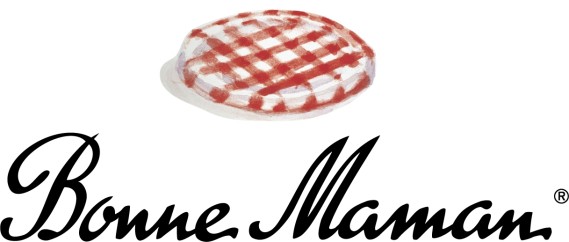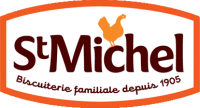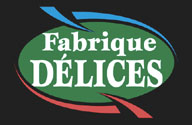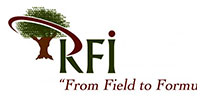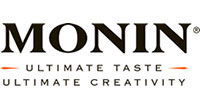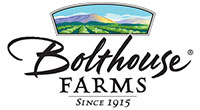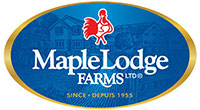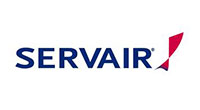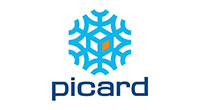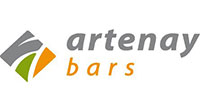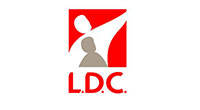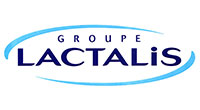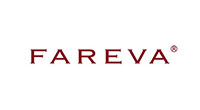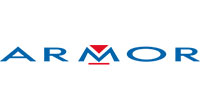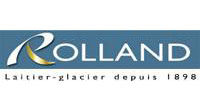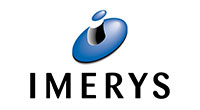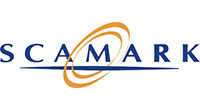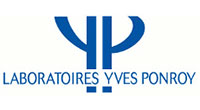
Not only a health issue
From 2004 through 2013, undeclared allergens were a leading cause of food recalls in the U.S., accounting for 27.4% of all recall events. Globally, barely 10% of food and beverage products are traced, verified and certified (what are steps of transformation? who are the players? How to inform consumers?).
The horse meat scandal in Europe in 2013 and the recall by Rose Acre Farm of more than 200 million eggs after they were identified as the possible source of a Salmonella outbreak (on average a recall costs up to 10 million dollars) lightened the deficiencies of the traceability system. According to the Centers for Disease Control and Prevention, in the U.S. almost 1 out of 6 people get sick, 128,000 are hospitalized and 3,000 die each year from foodborne diseases. While this is a major public health issue, it also has serious economic outcomes.
A consumer’s expectation
More than health and trust issues, consumers have developed an interest in knowing everything they can about the products they buy. Today quality, composition, environmental or social traceability is not only a regulatory requirement anymore but also a demand from consumers. Their level of consciousness regarding ethical and sustainable issues in the food & beverage and beauty industries is growing, and brands’ strategies have to take it into account. With these new interests, consumers are more and more distrustful towards CPG brands and demand more transparency.
It’s now possible to scan a product and learn where it comes from. The French group Carrefour has developed a blockchain solution allowing final consumers to scan a QR code to have a comprehensive information overview about its chicken with the entire chronology from breeding to putting in trays updated at every step (breeder, veterinary, slaughterer, transporter, retailer, etc.). Auchan did the same thing with its carrots. And this information is a strong argument to decide to buy it or not. Total trust in a brand doesn’t exist anymore. According to a Nielsen study “nearly half (46%) of the world is more likely to try new brands today than they were five years ago.” Brands must adapt and therefore they need better traceability of raw materials. For instance, food manufacturers must be able to give details on how animals were fed, which implies suppliers have to provide this information.
Blockchain is a response for supply chain follow-up. It ensures data traceability and thus helps reduce response time when a non-conformity is detected.
What is Blockchain?
Blockchain is a storage technology which procures transparent and secured information without central review body. It is a database which holds the history of every exchange between actors from the beginning. This database is shared between its different actors without intermediary, which allows each one to verify the validity of the chain. Being inviolable, it guarantees the reliability of the data of each and every exchange. With blockchain, industries can manage with better efficiency and responsiveness incoherence, health crisis and products’ origin. That is why it accurately addresses the new challenges of food & beverage and cosmetic industries.
Today, several brands in retail, food & beverage and cosmetics use blockchain:
- Seqens has developed ACT4S (Active Cosmetic Trust for Seqens), a website allowing consumers to trace the trail of their product with the lot number.
- Walmart, Nestlé SA, Dole Food CO., Unilever and others have created The Food Trust Blockchain with IBM. The idea is to improve their ability to react in case of food recalls.
What is PLM (Product Lifecycle Management)?
Information loss or corruption, inadequate and too many IT tools or siloed departments are most likely to prevent a smooth innovation process.
PLM (Product Lifecycle Management) solutions enable companies to dematerialize and centralize data on any new product or project in response to a brief. It allows R&D, Marketing, Quality, external suppliers and designers to organize workflows and assign tasks and rights according to every user’s level of accountability. All the people involved in the process can rely on a unique source of information regarding the product, drastically easing communication and enhancing the reliability of controls throughout the product life cycle.
Another advantage of a PLM software is the visibility and support of regulatory compliance its provides by generating finished product specifications (ingredients list, allergen list, claim screening and formatting compliant labeling information. A PLM allows users to report, qualify, manage and close any non-conformity before, during or after production. This is essential to lead an accurate analysis and plan corrective actions. PLM is a powerful tool for the food & beverage and cosmetic industries because it enables them to list every change in the product’s life. This ability allows better control and traceability.
Discover Aptean PLM Lascom Edition our PLM solution for the Food & beverage industry and the cosmetic & personal care industry.
How PLM and Blockchain work together?
CPG value chains involve numerous actors: farmers, manufacturers, suppliers, regulators and of course consumers, etc. Where PLM can gather data on raw materials, suppliers, screen regulations and in the end help with the overall approval of the product, blockchain allows each step of production to be safely mapped and saved. For instance, the blockchain technologies enable the different actors to collect data and transfer them safely along the supply chain through the last manufacturer, the retailer, and even the consumer. With PLM and Blockchain, it becomes possible to trace a product at every stage of its lifecycle and with full machine-to-machine transparency, providing precious information such as the precise origin of any raw material, which farm it was grown, who hand-picked it or what is its expiration date.
On one side, PLM ensures information quality from the idea of the product to its production. On the other hand, blockchain from its production to its distribution. In a way, PLM is the blockchain of product innovation. It provides consistency and security of any product-related data.
In the future, data-driven digital tools will help companies to build smart data systems and analysis. A market study says the blockchain market is expected to grow from $1.2 billion in 2018 to $23.3 billion by 2023.
Sources:
- Report reveals recent food recall trends – Debra Schug for Food Engineering, April 2018
- Recall: The food industry’s biggest threat to profitability – Food Safety Magazine, October 2012
- Blockchain et agroalimentaire, un mariage de raison – Siècle digital, February 2019
- Global ad spending is up, but you can’t buy loyalty in cpg – Nielsen, July 2019
- Blockchain technology market- Markets and Markets December 2018
- Traceability is mandatory – Cosmetic 360°, July 2019
- Blockchain, logistique et supply chain : panorama des possibilités – Blockchain France, August 2017
- Food Safety Modernization Act – fda.gov, September 2019
- The Future of Supply Chain Transparency: PLM meets the IoT and Blockchain – whichPLM, October 2017
- What Is Blockchain and Why Does It Matter To PLM? – sharePLM, July 2018
- La Blockchain : la garantie d’une traçabilité transparente – BearingPoint, December 2018
- Seqens utilise un registre blockchain pour garantir la traçabilité de ses actifs bio – premium beauty news, April 2019
